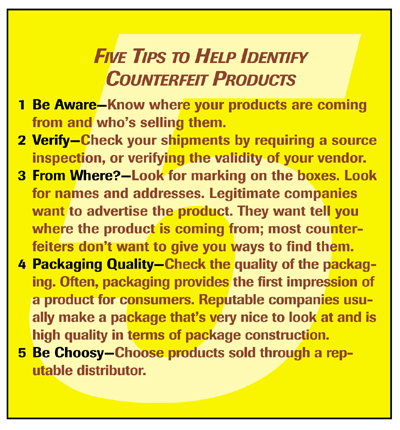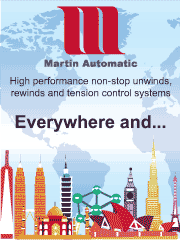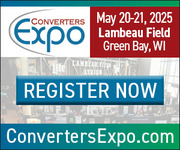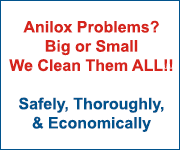Protecting a Brand
- Published: June 30, 2004, By Nsenga Byrd Thompson, Associate Editor
A Q&A with Underwriters Laboratories’ Brian Monks
Whether it’s a white-collar operation or a back-of-the-alley scam, counterfeiting is a problem manufacturers and consumers can’t ignore. However, with the lack of knowledge regarding the problem’s severity, as well as flimsy US laws, counterfeiters continue to thrive here and abroad.
In a candid interview earlier this year, Brian Monks— Director, Anti-Counterfeiting Operations at the product safety testing and certification organization Underwriters Laboratories, as well an executive board member of the International Anti-Counterfeiting Coalition—spoke with PFFC about the challenges ahead for manufacturers and the US government in their fight against counterfeiting.
PFFC: What is counterfeiting, and how has it evolved into the $200 billion problem it is today?
Monks: Counterfeiting is basically someone trying to steal money from you. Someone who is taking your hard work—a product you spent years of your life developing and trying to sell—and selling it for you and taking all the profits. It really misleads consumers into thinking they’re buying something genuine, when they’re not.

Counterfeiting is a big business. It evolves because people want to think they’re getting a bargain. But when you start talking about items such as counterfeit airplane parts, brake parts, and electrical products, that bargain may not be a bargain after all.
Counterfeiting is a white-collar crime, and people don’t see counterfeiting as a big deal. They may think, “Who really cares if Microsoft sells one more program?”
But it is a big deal because there is life and safety involved in some counterfeits, and certainly there is a loss of jobs and revenue. It’s a crime people can commit, and the punishment is very minimal, so it’s a blossoming industry.
PFFC: Describe some of the major economic, public health, and safety issues attributed to counterfeiting.
Monks: Counterfeiting is an economic-based industry. It’s run on money. The more money counterfeiters make, the better off they are. So they aren’t going to worry about your health and safety. Counterfeiters will use unsafe components, they’ll take shortcuts, and use material that may burn. They just don’t care! It’s just about making a dollar. As a result, counterfeiting can and has posed some serious health risks to users.
PFFC: What is the International Anti-Counterfeiting Coalition (IACC)?
Monks: The IACC is a not-for-profit organization founded by IP (intellectual property) owners such as UL, Ford, Microsoft, and Disney. It’s the top 100 to 500 companies of the world that got together to combine their resources to try to fight counterfeiting, to develop new security features, talk about what procedures and tactics work best against counterfeiting, and lobbying or trying to get legislation passed to get stricter penalties. It’s a group of companies getting together with a common bond—to stop counterfeiting.
PFFC: What do you attribute to the lack of knowledge regarding counterfeiting in the US, and what does an organization like IACC do to increase awareness?
Monks: Like I said before, counterfeiting is a white-collar crime. People see it as a victimless crime, because [to them] no one is hurt, so it doesn’t generally get on the cover of the NY Times. But people are getting hurt.We try to get the word out. But it’s one of those things where the media doesn’t kick in and expose the counterfeiters, and it’s hard to get the message out. The IACC does band together, putting out press releases, conducting press conferences, and distributing literature to inform people, telling them, “Hey, you don’t want to be buying counterfeit products.”
PFFC: What do converters need to know about counterfeiting and the threat it can pose for their businesses?
Monks: Counterfeiters are sneaky, they’re smart, and they’re going to try and use the technology that’s available off the street to counterfeit better. The converting industry has to be on the top of its game, adapt, and be able to embrace new technologies as they are available, because we have to stay one step ahead of the counterfeiter.
If you don’t, and you’re stagnant or idle, you’ll find yourself in the losing position. So converters have to continue to “up the ante” and keep the technology coming, developing new products.
PFFC












